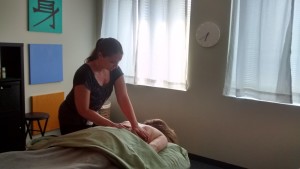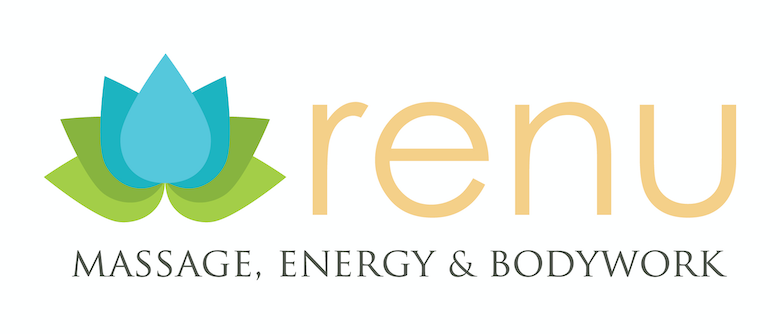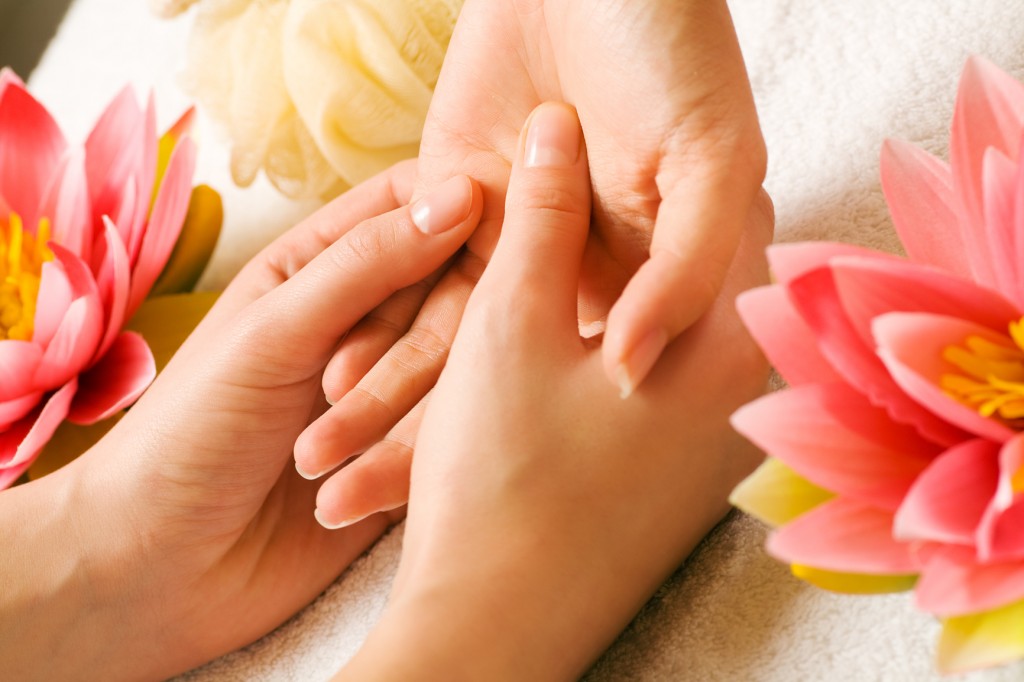Partner with your bodywork therapist to achieve results
 I meet a fair amount of people who think of massage and bodywork as a luxury, something to treat oneself to on special occasions. While it is a true massage, feels wonderful and is a great way to celebrate, it seems these people are missing out on a huge opportunity to improve their overall daily health. When people like this come into my practice, I can usually see lots of benefits to regular bodywork that they would experience if they allowed themselves to take care of their bodies. And even if they agree it’s a good idea to do it more often, we won’t see them again for months.
I meet a fair amount of people who think of massage and bodywork as a luxury, something to treat oneself to on special occasions. While it is a true massage, feels wonderful and is a great way to celebrate, it seems these people are missing out on a huge opportunity to improve their overall daily health. When people like this come into my practice, I can usually see lots of benefits to regular bodywork that they would experience if they allowed themselves to take care of their bodies. And even if they agree it’s a good idea to do it more often, we won’t see them again for months.
Self-care is important — it is not a luxury at all! We all know to put on our own oxygen mask first in the very unlikely event that our airplane loses cabin pressure, but not all of us know how to take care of our own body, mind and soul. Massage and bodywork address all three of those, and it feels good too! Granted, sometimes bodywork doesn’t feel great if we have super tight or knotted areas, or areas that have been causing pain in the body for some time. Sometimes it does need to feel worse before it feels better. But that doesn’t mean that massage feels wonderful but has no benefits; it absolutely does. We depend on and expect our bodies to carry us from one activity to the next, and we often have such expectations without giving it the appropriate care. It’s no wonder so many people have aches and pains, since bodies are contracting during exercise and fast-paced living, yet not very often getting stretched, soothed, or returned to their elongated state filled with wonderful oxygen. So even an average Jane or Joe who has no complaints can benefit greatly from massage.
Some physical issues can be resolved quickly and efficiently with bodywork, but others are more complex and deeper within. Those in this category often know they need bodywork to address an issue, and they expect if they just keep showing up to regular massage appointments then their issues will magically be resolved without any effort on their part. While massage or other bodywork is a great and appropriate thing to do for a great many chronic conditions, it is only part of the equation and only goes so far. The recipient bears the responsibility to fill that gap and to partner with the therapist to really see some fantastic results. Filling the gap can be done with emotional or spiritual healing, or even by changing some regular habits that are creating the pattern we are trying to change. The bodyworker gets an hour with someone every few weeks, and those habits get a significant more amount of time.
Personally, I have found that true healing is multilayered. Pain in the body can be as simple as surface level, but chronic issues usually have an emotional, energetic and spiritual component. Each person on the journey of healing needs to seek healing on all these layers. And very importantly, communicate with the therapist before, during and after sessions about what is working and not working, what is being felt and experienced, or anything else that feels relevant. A therapist can often read signals the body gives, but a therapist can never know what a client is thinking, feeling or wanting without being told. The more input a therapist receives, the more efficient that therapy session will be.
Whether you are looking to massage and bodywork for relaxation, to heal an old injury or provide relief from chronic pain that affects your daily activities, it is vital that you see your relationship with your therapist as a partnership. Your therapist needs your input to get to the core of the issues that you want to resolve. Together, you can journey through the path of healing to the other side.













